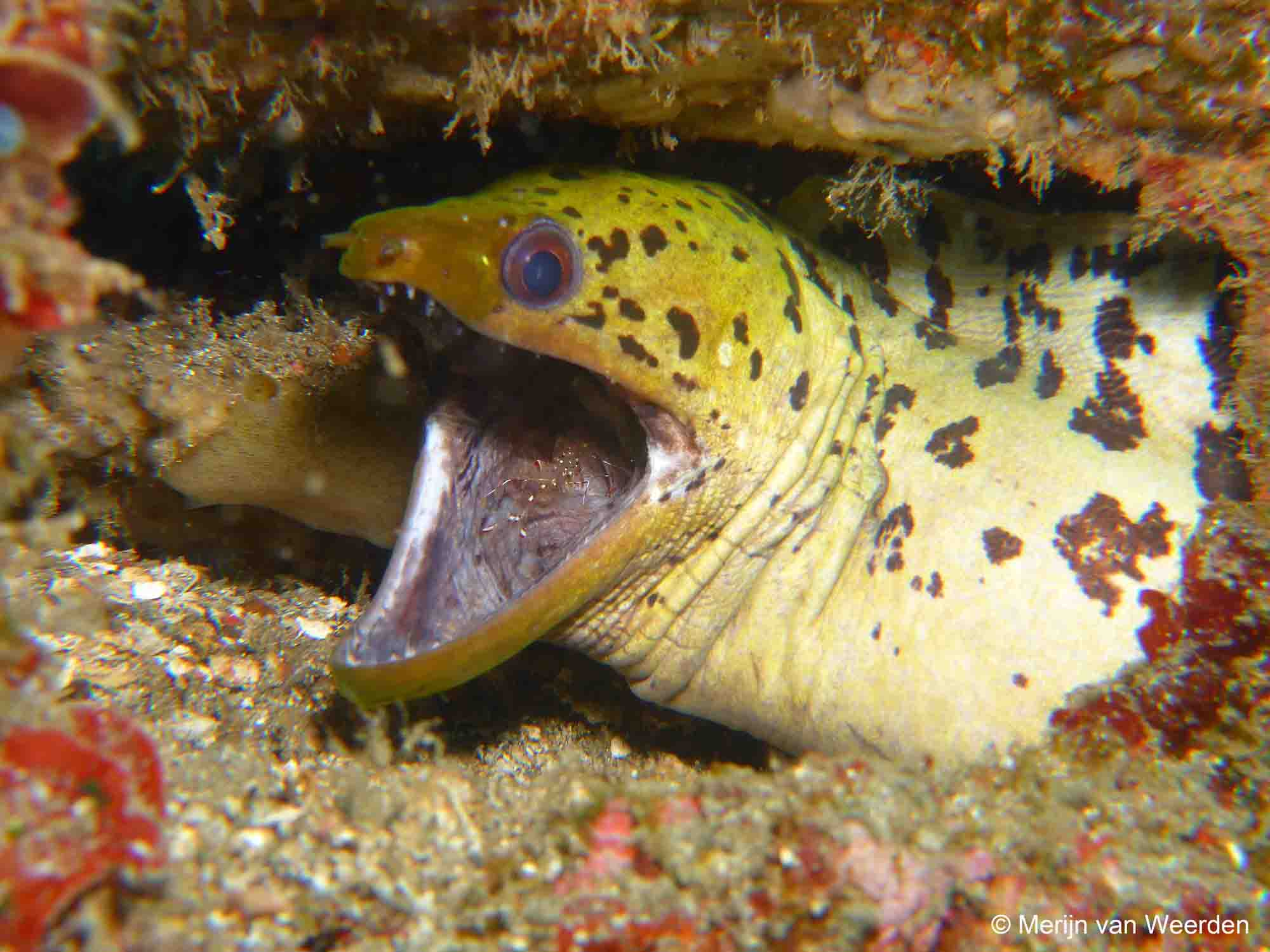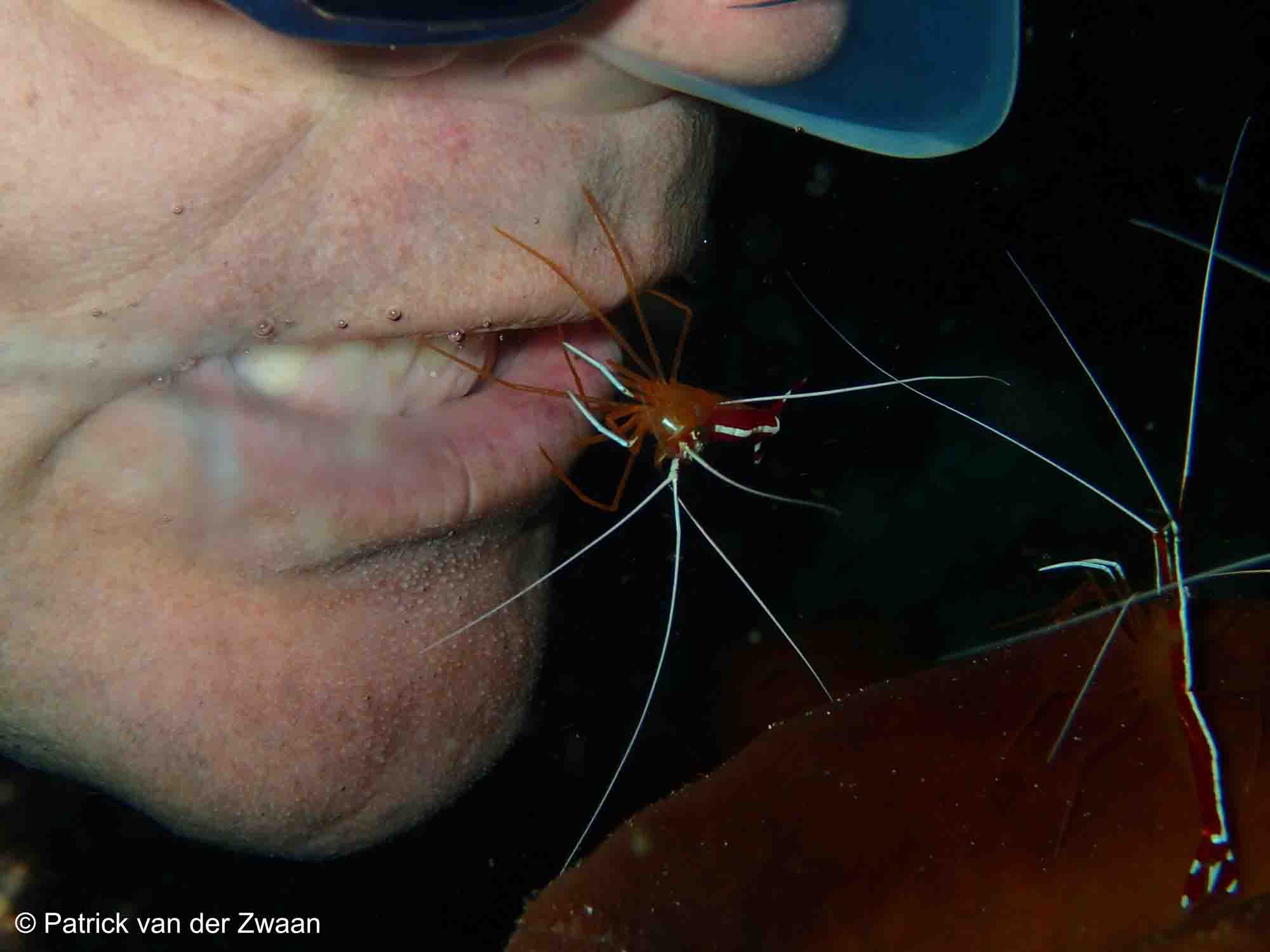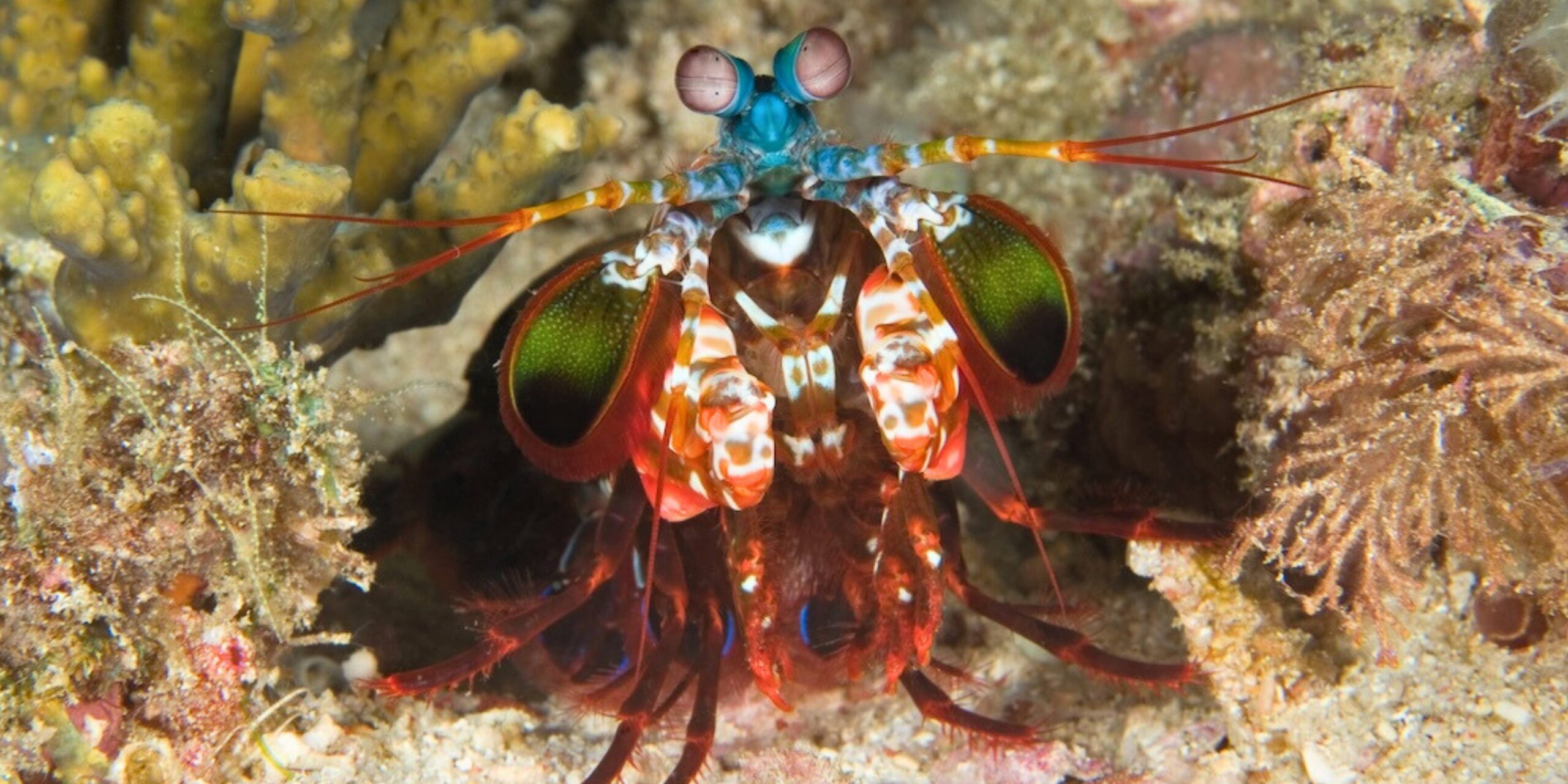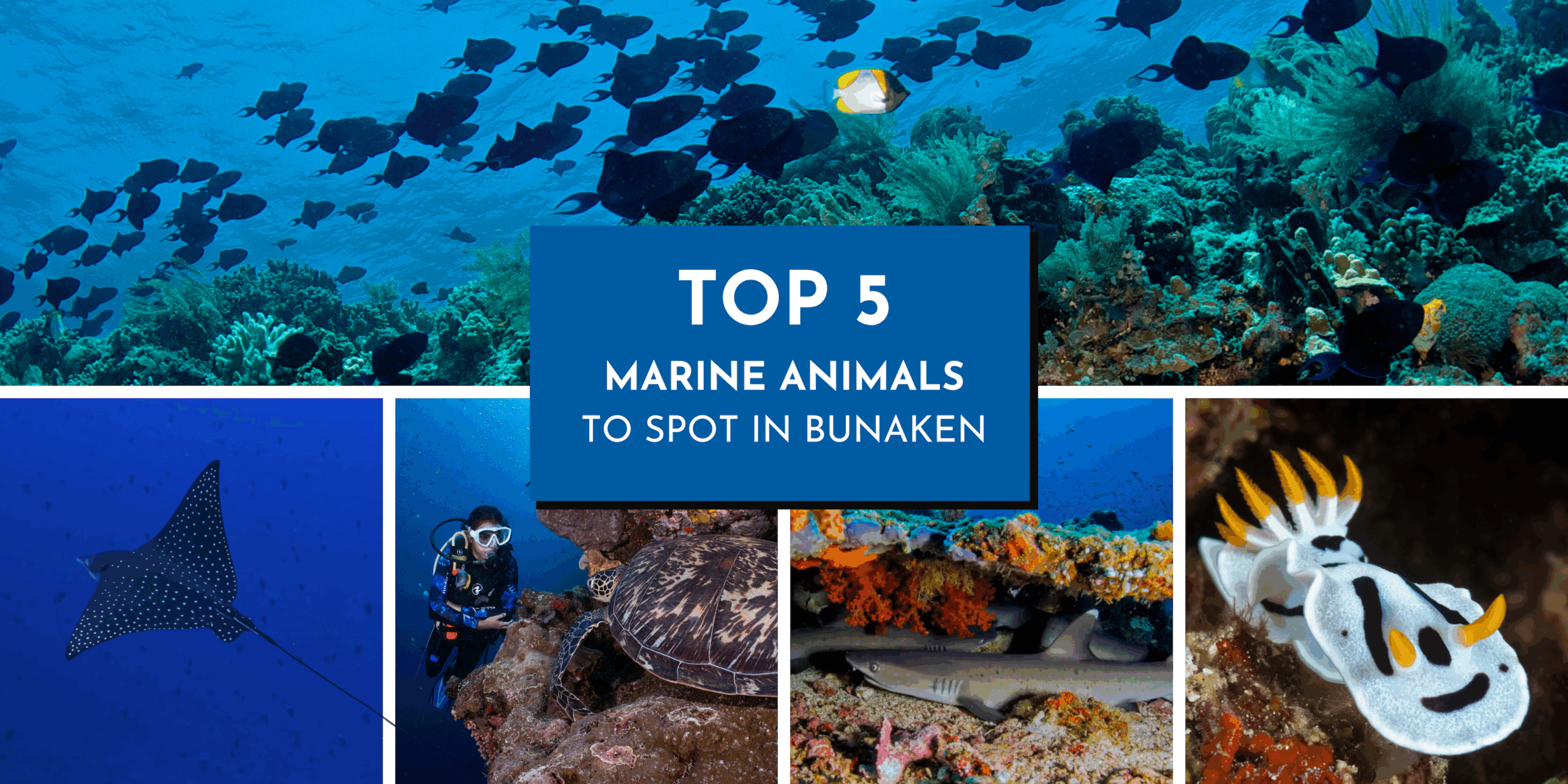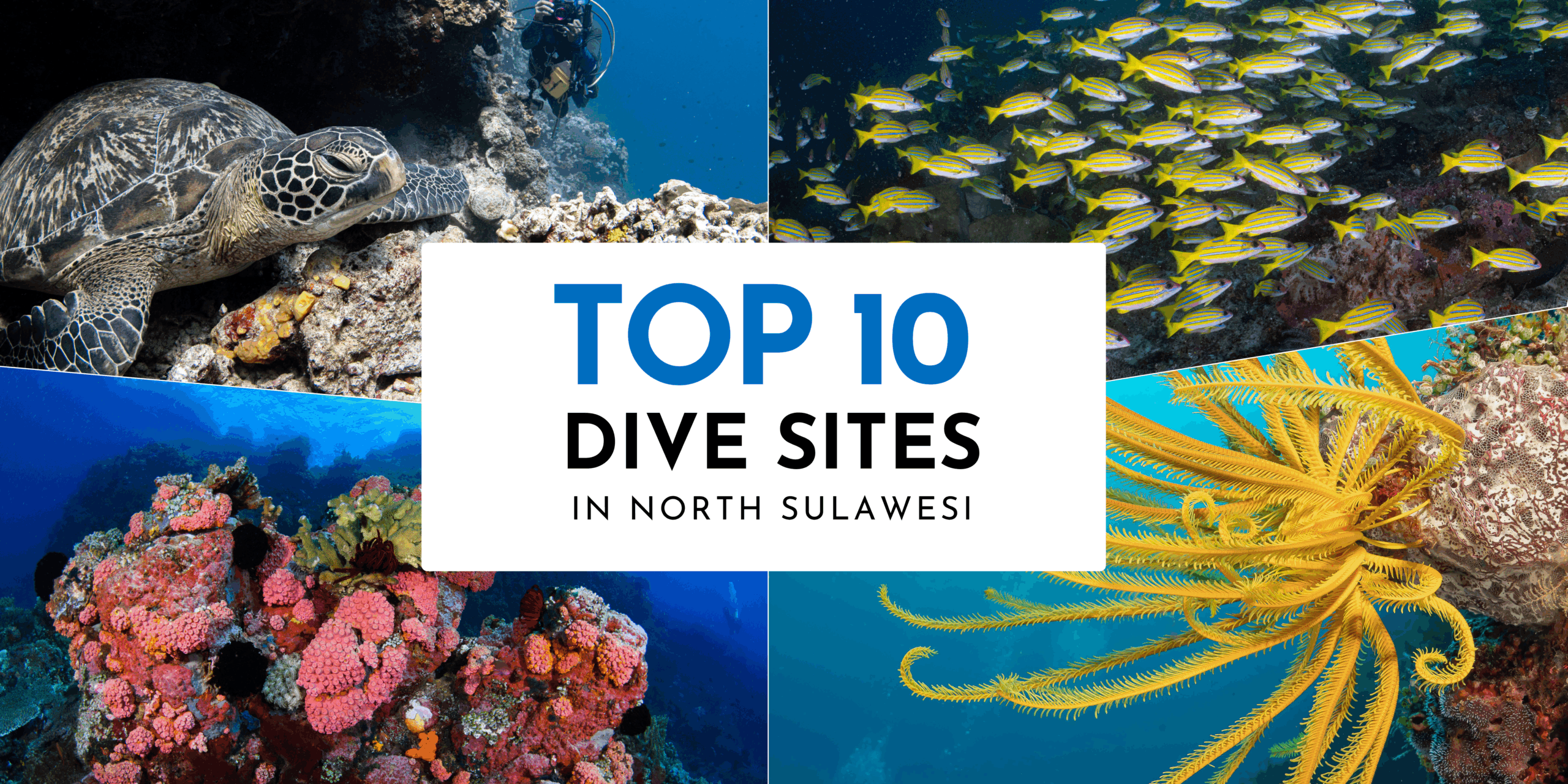You don’t bite the critter that cleans you!
You would think if you swam around in water all day you’d be clean, so why on earth would a fish need to be cleaned? Seems kind of redundant doesn’t it? Well it’s not like they have soap and shampoo, they don’t have loofahs to scrub their scales with. Nor do they lick the scales and clean themselves like a cat would. Just being in water doesn’t make you clean, have you ever seen a fish tank that doesn’t have a good cleaning & filtering system. DiiiRTY!
Marine animals get “dirty” from tiny parasites that live on their skin, scales and inside their mouths. If these parasites are not cleaned away they multiply until they eventually affect the fish’s health.
As a diver you’ve probably noticed a fish cleaning station or two, think of it as a car wash. The fish pulls in, a bunch of cleaner wrasse goes to work and the fish merrily goes on its way. The fish is clean and the cleaner wrasses are fed.
Have you ever wondered why the fish aren’t eating the marine animals that clean them? It’s like the old saying that goes “you don’t bite the hand that feeds you”. In the case of a good cleaning “you don’t bite the critter that cleans you”.
How many times have you come back from a dive and hoped you got a good underwater photo or video of that moray eel being cleaned by cleaner shrimp? It’s the classic shot, the eel seems to be have crossed eyes, looking up at you with this silly grin with shrimp running all over it’s face, into it’s mouth and gills.
Reef dives are a particularly good place to watch animal behavior. In Bunaken National Marine Park we have the opportunity to watch a variety of cleaning behavior. Next time you’re there watch the batfish, they have a habit of turning on their sides and changing to a dark grey color. Scientists believe one reason they lay on their side is to give a signal that they are no threat and the darkening in color allows the cleaner fish to see the parasites better.
Muck dives, like the ones we do in Manado Bay, are also a good place to watch for cleaning. Although not your traditional cleaning stations, cleaner shrimp congregate on little anemones and small corals and wait for passing “dirty” fish, eels or octopus to stop in and let them get to work.
Tell your dive guide you want a to see this behavior and they’ll keep an eye out. Remember when you’re at a cleaning station, stop and watch a while, let them get used to your presence, you’ll be amazed at their behavior. If you’re not too ticklish, put your hand near a group of cleaner shrimp, if you’re lucky they’ll give you a quick manicure and if you forgot to floss your teeth in the morning, they’ll be happy to clean your teeth. Warning: This is NOT a substitute for a dentist!


